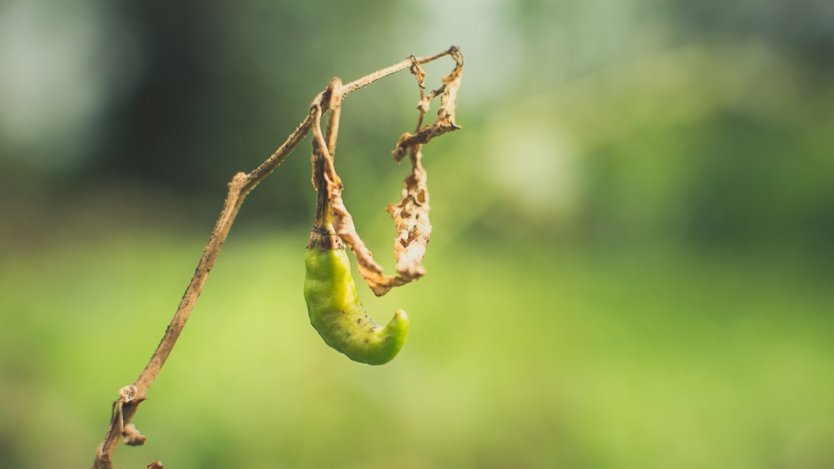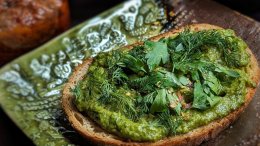Scrolling through @UglyFruitandVeg’s Instagram and Twitter feeds is good for a laugh. Carrots locked in a leggy tango, or intertwined in a lover’s embrace; a pepper with a knobby fist clenched in a power-to-the-people punch; a smiling strawberry…there’s no telling what freak of nature will be featured next.
What isn’t funny, though, according to Jordan Figueiredo of endfoodwaste.org, is that 20 to 40 per cent of produce grown ends up as waste simply for being deemed ugly—technically, less than Grade A. Figueiredo, an anti-food waste Activist and the man behind @UglyFruitandVeg is on a mission to bring ugly back.
This isn’t Figueiredo’s first time at the food waste rodeo. He and his team of activists have targeted the biggest of American grocery heavy hitters—Albertsons, Whole Foods, Wal-Mart, and Target—with commendable success. It’s time, though, he says, to expand beyond the borders. In April 2017, Figueiredo spearheaded a petition aimed at Michael Medline, CEO of Canada’s second largest grocery conglomerate, Sobey’s.
The concept of selling ugly fruit and vegetables is not new to Sobeys, whose affiliates, Safeway and IGA, ran their own campaigns in 2015, respectively called the Misfits and the Droles. Despite being well–received, the campaigns were not reinstated. Everybody knows we’re a tolerant, accepting bunch; so, what’s going on, Canada?
Figueiredo says Canadians would support a full-time ugly program if given the chance. “I know the idea (and other programs) resonates with Canadians since about 10 per cent of my almost 200,000 social media followers are from Canada.”
Having access to and saving money on less than perfect fruit and vegetables would seem attractive to many Canadians—certainly those affected by the current downturn in economy as well as lower income families, because when it comes to less than perfect, everybody wins: consumers save 30 to 50 per cent; the farmers make more income from product that would have otherwise been left to rot; and the grocery store makes money on undervalued, underutilized product. The added bonus to consumers is that those less-than-perfect apples, carrots, peppers, and onions have the same nutritional content and degree of flavour than their Grade A counterparts. Ugly is not only tasty, but it’s healthy, too.
As of May 8, more than 12,000 signatures have been obtained and Figueiredo intends to push the numbers as high as they need to go to get Sobeys to commit to selling ugly produce year-round. “It wouldn't have to be at all of their stores, but at least at some with the potential for more, like Loblaws did.”
Loblaws, Canada’s largest grocery chain, implemented its Naturally Imperfect campaign in 2016. Consumers went hog-wild, snapping up bruised, oddly-shaped, and not-so-pretty produce at Loblaws affiliate stores (No Frills, Real Canadian Superstore and Your Independent Grocer) across the country.
Preventing food waste is something we should all get behind. Here’s your chance to bring ugly back: say no to food waste, sign the petition and feel free to share. #BringUglyBack













